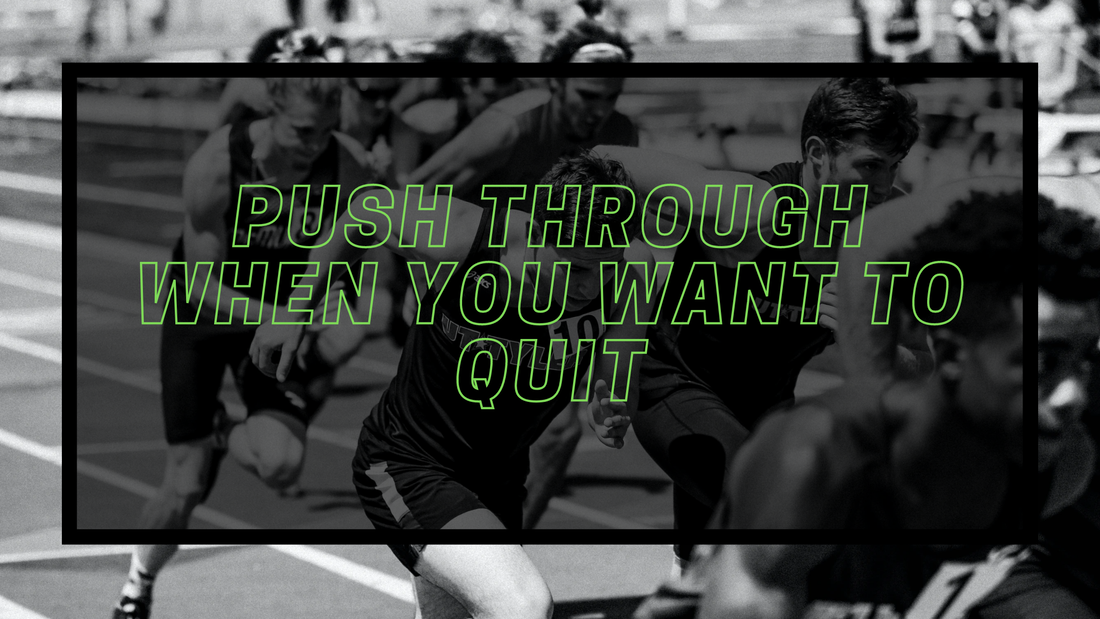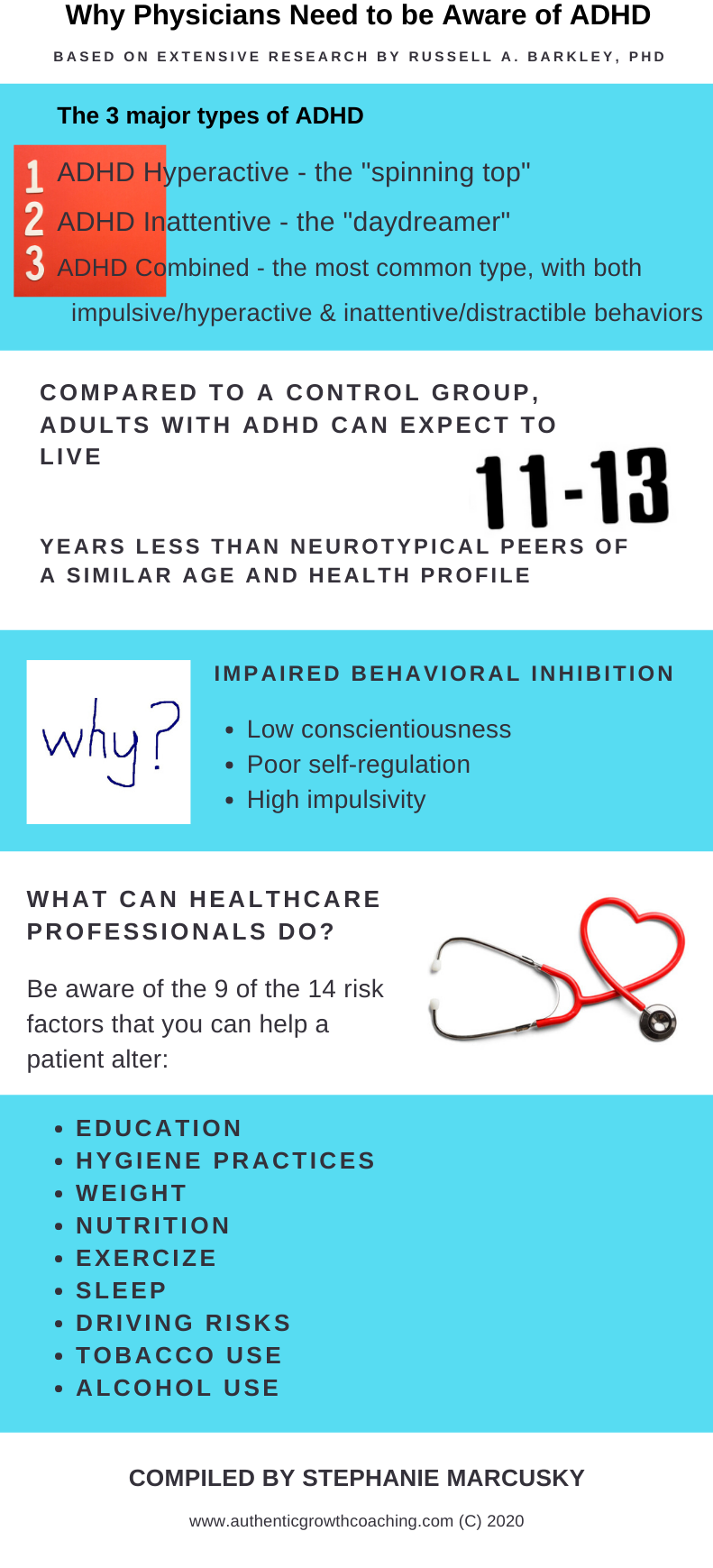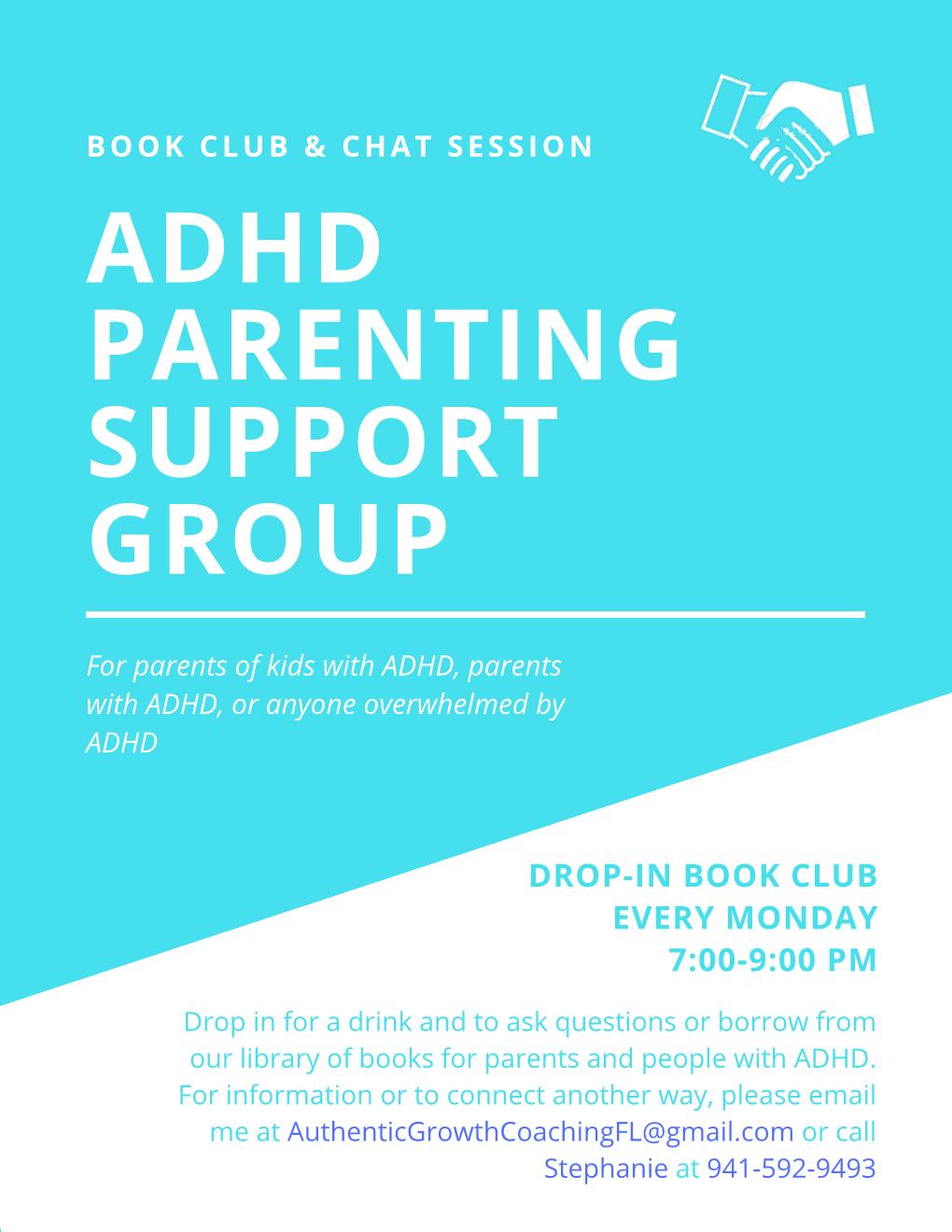 Data bombards you. We have more data than we ever did due to the internet and storage technologies such as the cloud. It’s great to slice the data every which way you can think of and create nice-looking reports that impress your managers. However, when it comes to decision making, you have to get to the point of making the decision. You’ll need to stop your data gathering and analysis and use what you have to decide. Computers give you the ability to divide your data in a way that makes sense for you or your company. But, some people will spend hours deriving report after report, and none of them will get them any further in coming to a decision. They believe they need to see ten years of data instead of five. They need to see the impact of sales on each region, even though they are responsible only for one or two. Data is an important component in the decision-making process. It can let you know who are your customers, how much they have bought, and it can even tell you who your customers aren’t. Information is also important to make confident decisions. Without the information, you could be shooting in the dark, and that is as bad as having too much information. Probably worse. To help you overcome the situation of analysis paralysis or paralysis by analysis as many will refer to it, speak to your boss or the people who are going to be impacted by the data and your decisions. Ask them what they need from the data, and structure the reports around that information. Don’t include any other data in the report. If you can’t defend the position based on the data they asked for, it doesn’t belong in the report. Don’t be a hero when it comes to analysis. You may be tempted to show a different level of data to that required as it may show better insight. But, if it isn’t within the scope of your decision, save it for future analysis. It is okay to let managers know that further analysis is possible. They may even extend the deadline and the scope of the project due to this extra information. What’s more likely to happen, however, is they will increase the scope while keeping the deadline the same. In essence, you have just given yourself more work to do by letting them know about this extra data.
2 Comments
Does anyone else feel like they were run over by a train in 2020? I stepped away from coaching to work full-time in my degreed industry, and I was miserable, but "essential" and making money.
We all want to throw our hands in the air and scream, “I quit,’ more than once in our lives. Yes, there are times when you should quit, such as working on something so hard, it seriously impacts your mental health. It is okay to quit, reset and rethink what you are doing, then go forward with a new plan. When you want to quit and there isn’t a life altering reason why you should, then look to the main reasons to buckle down and get at it.
Your starting point to understand why you need to push through the wall is pretty simple. It is called the, “Big Why?” Unless your big why is not fully understood, chances are you will quit. Taking the time to sit down and write out all the reasons why you shouldn’t quit, often will be enough to propel you forward. Ask yourself if you are doing this for you and why you deserve it. You might have a family and you look back on your childhood with some dismay. You want something much better for your family and it means so much to you, that putting in 16 hours days is more than worth it. To pump up that persistence muscle, you will occasionally have to reflect on the fact that there will be some serious roadblocks. Try sitting in a comfortable chair and look at the roadblocks, while asking yourself if they are super solid or are you blowing them up to the size of a mountain? Frequently we tend to take a situation and add in conversations and things that didn’t actually happen. Think about how many times, someone got you upset and you replayed the conversation over and over, with you giving different answers. The truth is, we can create worlds in our head, yet sometimes that world is full of anguish when it doesn’t have to be. One way to stop projecting roadblocks in your mind, is to replay breakthrough events in your mind. These positive memories will make it hard for false roadblocks to grow. Everyone has breakthrough moments in their head. It may be simple ones, like struggling for two years in high school math but suddenly in the third year, a bright lightbulb comes on and you got it. It could also be more significant like trying for years to be the number one salesperson in your company, only to place 2nd. Then you turned that frustration into action and put in the hours and calls that made you number one. The feeling of hitting that huge goal and the pleasure of getting a massive bonus was truly exciting. For those who say they never had a breakthrough moment or have any memories of being a winner, then create one. Your brain cannot tell the difference between a real event and one you create if you put enough power into it. Simply write a scene where you had a serious roadblock and you “Hulked Up,” smashing the obstacle in your way. Put serious emotion into it, picture yourself, jumping up and down, screaming in a loud voice, “I did it!” When you replay this scene in your mind, it will be a real movie. Sports people do this all the time. The best free throwers in basketball, have a mental picture in their mind that supports them. They see and feel themselves stepping up to the line, bouncing the ball a few times before throwing it and boom! Nothing but net, no rim bouncers here in this mental replay. When overwhelm hits you and you’re trying to push through, stop and take a break. Detoxing your brain is super healthy, the same as detoxing your body. In this case, shut off your phone and all electronics. Get outdoors and play. It does not matter where you live or what you do, so long as you are moving and smiling. Give yourself one to three days and don’t think about why you wanted to quit. Simply detox. After that detox, sit down and take time to think through the overwhelming task ahead and look at ways to cut it into smaller parts - smaller parts are easier to handle. Instead of one huge task - like cleaning out the garage - think of how many smaller tasks are really involved. Can you mentally partition the space into several areas, and focus on tasks that you will repeat in each area? That way, you can start a list of supplies to pick up, and do that errand on a week day. Next, gather the containers that you will need to hold items while you sort and purge. You can probably get that done on another weekday. While you're dropping off the containers, bring a few trash bags with you, and see if you can get some trash out of there before the big work day. Lower the size of the speedbumps that get in the way of getting moving, imagine yourself tackling the problem areas with gusto, turn up the fun with a partner and some music, and when you are ready, re-focus on what you want and why…then take small steps that lead to massive action. I've been coaching Tiny Habits(R) habiteers this week, and BJ Fogg's blog about "Untangling Bad Habits" has been on my mind a lot: http://tinyhabitsacademy.org/what-do-tangled-ropes-and-breaking-habits-have-in-common/
We've been trained to think that "if we just set our mind to it, we can do anything!" But that's not always true, and sometimes it's like sailing - you have to use the wind the way it blows. So that sometimes means making a zig-zag pattern to go against/into the wind. Let me first clarify that I am not good at sailing - I took it as a PE elective and I turned over the tiny boats far too often for comfort in a lake full of alligators. But I remember enough - in order to get somewhere when the wind is coming from that direction, you can't sail directly at your destination - the wind is going to push you backwards. You have to harness the wind to sail to the side of your destination, then turn and sail 90 degrees in another direction. So you're doing a lot more work, you feel like you aren't making any head-way, and you're tired. But eventually, you get to your destination. In case you didn't actually read BJ's blog post above, the short version is that a bad habit cannot easily be replaced with a new, good habit, usually because a truly bad habit is often a mess of habits. Made that resolution on January 1st to stop smoking? Broke it the next morning over coffee because the habit is so ingrained? Or maybe on the 5th when you met up with friends for drinks and it just felt natural in your hand? So back to tacking into the wind - if you have a big goal to accomplish, it's ok to start with a small act in a tangential direction - that might be what you need to do to untangle that first rope. And the next action might be in another direction - you might not seem like you're making progress. But if you are taking some kind of action in a positive direction, you are still moving forward. What are ADHDers if not constantly looking for NEW and EXCITING?
Actually, I've know about BJ Fogg's Tiny Habits Coaching certification program for about 5 years, but always thought it was a little out of my budget, but I finally decided that this was the perfect time to invest in becoming a Tiny Habits(R) Coach. What does that matter to you? Tiny Habits(R) is amazing for ADHD brains! Here's the basic way to create the recipe: You find a current habit - specifically the very tail end of it. You attach a small new habit that you would like to add consistently. And then you celebrate! What? Repetition does not create habits - emotion does! It's going to take longer than 27 days to create a habit that you hate. Your brain feels the hate and isn't going to go along with it. But if you love it (or at least pretend to), your brain might go ahead and get with the program, if it's not too hard to do. And that's what's key for us to understand - you have to have the correct tail-end action to connect your new habit to, and that new habit has to be small enough that it doesn't trigger our executive function over-ride. And you have to release happy hormones to set it in your brain. If we want to start flossing, our recipe works best like this: "When I put my toothbrush back in the holder, I will floss one tooth." Not all of our teeth - just one. Because it's not so big that it feels too big, and our petulant brain overreacts and refuses to do it, like a kid who falls on the floor and wails that they "can't do it!" Put the toothbrush in the holder, floss the tooth, and do a victory dance. And then decide if you want to do all of your teeth, or skip the rest for the night. The more you practice the recipe and do the celebration, the more likely you will floss the rest of your teeth, and the more likely you will add the habit without having to think about it to get it done - it will start to happen easily and without reminder. I invite you to grab a session or two on my calendar and let's get you moving forward toward your goals, including using Tiny Habits(R) in your arsenal. Local friends, I'm offering a summer series of "drop-in book club" opportunities. (Nearly) every Monday, I will be at the Nokomis Starbucks from 7:00 - 9:00 PM. Please drop in to talk, or borrow one of my ADHD-related books.
If you aren't local, you can text me to see if I have time to connect. That's probably a great time to connect with me, in case it's a quiet evening. 1183 N Tamiami Trail, Nokomis, FL 34275 I'm not quite sure where this one is going to lead today, but I felt you needed to read this:
"When you listen to a good story, the brain triggers the release of the hormone oxytocin. In lay terms, this is known as the relationship hormone. . . It's a hormone that orients us with compassion toward another. So it orients us toward collaboration. Think of that. Listening to a good story actually produces an orientation toward compassion and focus on the other." Dr. Ronald Fry, Case Western Reserve University - Leading Positive Change Through Appreciative Inquiry Cognitive Behavior Therapy can help us change the story we're telling ourselves about an event or experience. So many of us with ADHD have stories we tell ourselves - either because someone have out-right told us, or we interpreted their unspoken cues - that we are bad/unworthy/stupid/failures . . . what am I missing? I need to find the citation, but I also heard that we have more compassion for others than we do for ourselves. But if we can see our future self as another person (more on this another day) we can extend our future self compassion. I actually see a great deal of parallels to changing our own stories for ourselves. I love this idea of Appreciative Inquiry for ADHD Coaching. |
Author
I am overwhelmed, I am tired, but I am determined. My children deserve to enjoy the benefits of our ADHD gifts, and so do I. Archives
June 2023
Categories |




 RSS Feed
RSS Feed
